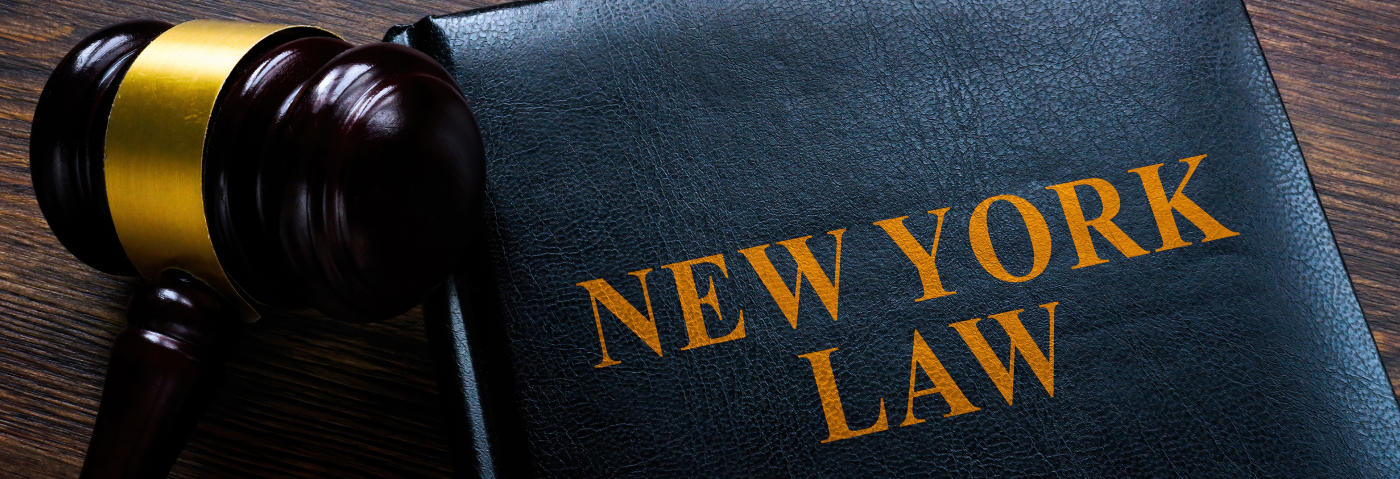Understanding Judgment Enforcement
The process of judgment enforcement involves a creditor taking legal action to collect a debt after securing a court judgment in their favor. When a business prevails in a lawsuit against a debtor, it obtains a court judgment, which serves as official documentation of the debt. However, possessing a judgment does not guarantee payment. This is where judgment collection lawyers come into play. They utilize a range of strategies and legal options to support creditors in enforcing their judgments and retrieving the funds that are due to them.

Judgment Collection Attorneys Function
Judgment collection lawyers are legal experts dedicated to helping creditors collect debts that have been formally acknowledged by a court. Their proficiency covers state-specific laws, the detailed procedures involved in enforcing judgments, and the approaches that can effectively prompt a judgment debtor to settle their debts. They work on behalf of businesses to explore all available avenues for debt recovery, including:
- Locating Judgment Debtors: Oftentimes collection attorneys conduct thorough investigations to find the whereabouts of debtors, especially if they have hidden assets or changed addresses.
- Asset Identification: Collection attorneys help creditors identify the debtor's assets, such as bank accounts, investment accounts, and personal property, which can be targeted for recovery.
- Filing Enforcement Actions: If necessary, collection attorneys file enforcement actions in court to compel payment from the debtor.
- Negotiation and Settlement: In some cases, a judgment collection attorney may negotiate a settlement with the debtor, allowing both parties to reach a mutually beneficial agreement.
- Wage Garnishment: If applicable, they collection attorneys can pursue wage garnishment to deduct amounts owed directly from the debtor’s paycheck.
- Post-Judgment Discovery: Attorneys may also conduct post-judgment discovery, a legal process to investigate the debtor’s financial status and assets.

Business Judgment Debts
For businesses, judgment debt can arise from various situations, such as unpaid invoices, breach of contract claims, or disputes over goods and services. After a court issues a judgment in favor of a business, it becomes a legal instrument that the creditor can employ to facilitate collection efforts.
Businesses must act promptly and decisively to recover these debts, as delays can result in debtors transferring assets or becoming harder to locate. A judgment collection attorney assists businesses by providing guidance on the most effective collection strategies, tailored to their unique circumstances.

Judgment Debtor Definition
A judgment debtor refers to a person or organization that has received a court order mandating the payment of a designated sum to a creditor. Often, these debtors may lack the immediate financial resources to fulfill their obligations. Understanding the characteristics of debtors can aid creditors in strategizing their collection efforts.
Judgment debtors may attempt to avoid payment through various means, including concealing assets or declaring bankruptcy. A skilled judgment collection lawyer can help creditors navigate these challenges and explore available legal options to enforce their claims.

Judgment Debtor’s Assets
Determining the debtor's assets is essential for successful collection efforts. Lawyers specializing in judgment collection utilize a range of techniques to discover concealed assets, such as:
- Bank Accounts: Attorneys may initiate bank levies to halt and confiscate funds from the debtor's bank accounts.
- Investment Accounts: They can pursue garnishments or levies on investment accounts held by the debtor.
- Personal Property: Collection efforts may extend to personal property, including vehicles, real estate, and other valuable items.
By thoroughly investigating the debtor’s financial situation, attorneys can devise strategies to maximize recovery efforts.

Court Judgments and Enforcement Options
Once a court has issued a judgment, creditors must understand their options for enforcing it. Judgment collection lawyers are well-versed in various enforcement actions, which may include:
- Wage Garnishment: It is a legal process whereby a court instructs that a certain percentage of a debtor's income be withheld to repay a debt until the total amount owed is settled.
- Bank Levies: By obtaining a court order, creditors can freeze and withdraw funds from the debtor’s bank accounts.
- Property Liens: Attorneys can place liens on the debtor's real property, preventing them from selling or refinancing until the judgment debt is satisfied.

These enforcement options are vital for creditors seeking to recover judgment debts effectively.
State Laws and Judgment Collections
Each state has specific laws governing judgment collection, and New York law is no exception. In New York, for example, state laws dictate the procedures and limitations involved in debt collection. Judgment collection lawyers must be familiar with New York law to ensure compliance and optimize recovery efforts.
Understanding state-specific laws, such as those related to wage garnishment limits and the statute of limitations on debt collection, is crucial for creditors seeking to enforce their rights.

Working with Post-Judgment Collection Attorneys
Collaborating with post-judgment collection lawyers offers numerous advantages for businesses. Their deep understanding and expertise in the field equip them to adeptly handle the complexities involved in enforcing judgments.
Key Benefits of Working with Collection Attorneys:
- Legal Proficiency: With their expertise in debt collection laws, collection attorneys guarantee compliance with legal standards, thereby minimizing the potential for errors in the collection process.
- Time-Saving: Engaging a lawyer allows business owners to focus on core operations while the attorney handles the collection process.
- Increased Recovery Rates: Lawyers utilize various strategies and resources to enhance the likelihood of successful recovery, often achieving results that businesses may struggle to attain independently.
- Legal Protection: Having an attorney involved can help shield creditors from potential legal pitfalls associated with debt collection practices.
- Negotiation Skills: Collection attorneys can effectively negotiate settlements and payment plans that may be more favorable to creditors than direct negotiations.

Conclusion
In the landscape of business, judgment debts can pose significant challenges. Engaging a law firm can be a strategic move for entrepreneurs and business managers looking to recover outstanding debts. These legal professionals bring a wealth of knowledge, skills, and resources to help creditors navigate the complexities of judgment enforcement.
Understanding the importance of judgment collection attorneys allows business owners to take proactive measures to protect their interests and enhance their recovery initiatives. Their expertise in identifying debtor assets, executing enforcement actions, and ensuring compliance with state legislation makes collection attorneys a vital resource in the judgment recovery process.
If you find yourself grappling with judgment debts, consider reaching out to a qualified judgment collection lawyer who can provide the guidance and support needed to reclaim what is rightfully yours.






